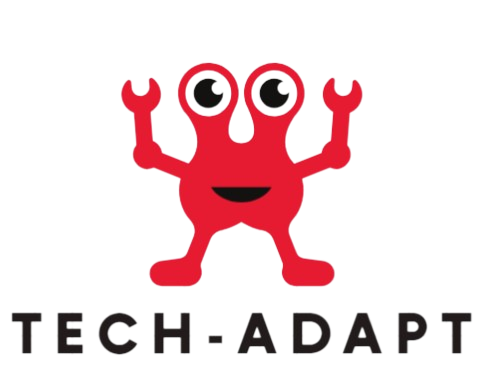The Rise of AI in Economic Transformation
In recent years, Artificial Intelligence (AI) has emerged as a disruptive force with the potential to revolutionize various sectors of the economy. From improving efficiency to enabling innovative products and services, AI’s impact is profound and far-reaching. In this blog post, we will explore how AI could potentially explode the economy, driving unprecedented growth and transformation.
AI-driven Automation and Productivity
One of the key ways AI could explode the economy is through automation and increased productivity. AI-powered systems can perform tasks with speed, accuracy, and scalability that surpass human capabilities. This leads to streamlined processes, reduced operational costs, and enhanced productivity across industries. For example, AI-driven robotics in manufacturing can optimize production lines, leading to higher output and improved competitiveness.
Enhanced Decision Making and Business Intelligence
AI algorithms excel at analyzing vast amounts of data to extract valuable insights. This capability empowers businesses to make data-driven decisions, optimize strategies, and identify new opportunities. By leveraging AI for business intelligence, organizations can gain a competitive edge, drive innovation, and fuel economic growth.
AI-enabled Innovation and New Business Models
AI’s ability to learn, adapt, and innovate is reshaping industries and giving rise to new business models. For instance, AI-powered recommendation engines are transforming e-commerce by personalizing customer experiences and driving sales. Similarly, AI in healthcare is revolutionizing diagnostics, treatment planning, and drug discovery, leading to improved outcomes and cost savings.
Job Creation and Skill Enhancement
Contrary to fears of job displacement, AI is creating new job opportunities and transforming existing roles. As AI automates routine tasks, it frees up human workers to focus on higher-value activities that require creativity, critical thinking, and emotional intelligence. Moreover, AI-driven technologies are driving demand for skilled professionals in areas such as data science, AI development, and cybersecurity.
Ethical and Regulatory Considerations
While AI offers immense potential for economic growth, it also raises ethical and regulatory challenges. Issues such as data privacy, algorithmic bias, and job displacement require careful consideration and proactive measures. Governments, businesses, and academia must collaborate to ensure responsible AI deployment that benefits society while mitigating risks.
Conclusion: Embracing the AI-powered Future
In conclusion, AI’s impact on the economy is multifaceted, promising unprecedented opportunities for growth, innovation, and prosperity. By embracing AI technologies responsibly, harnessing their potential for positive transformation, and addressing ethical concerns, we can pave the way for an AI-powered future that benefits individuals, businesses, and society as a whole.

